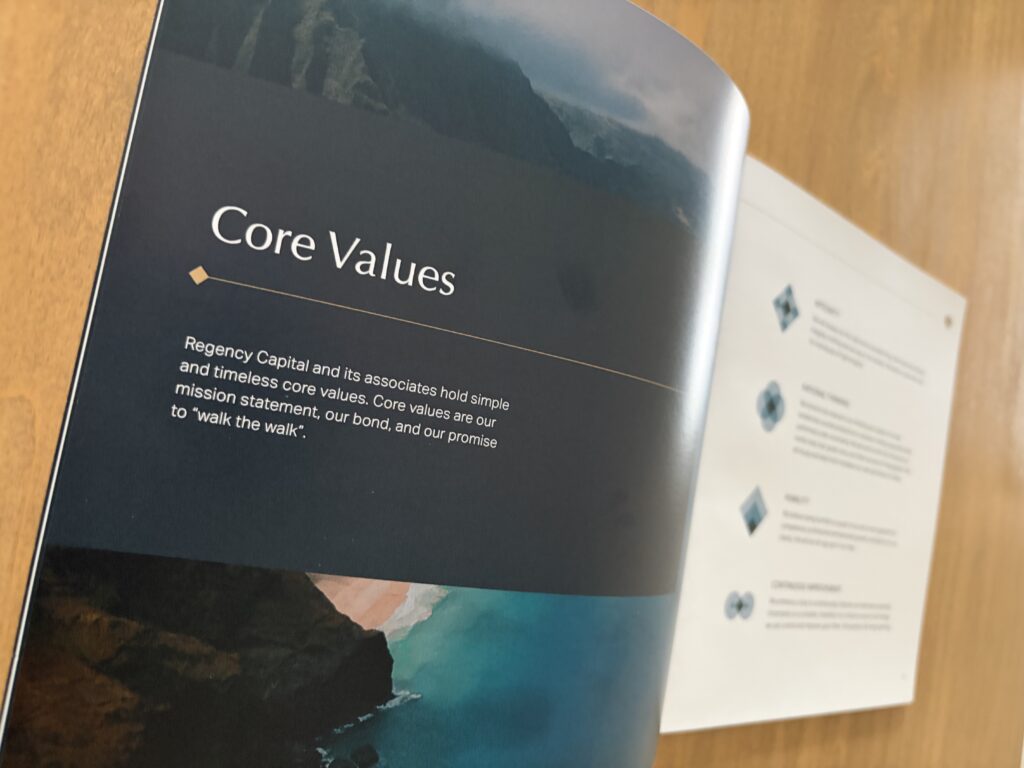Author: Neil Rose, CFA
Neil Rose, CFA, is the founder and CEO of Regency Capital Management.
AI, Venture Trends, and the Desert Tech Connect Takeaways
Key insights from Desert Tech Connect on accelerating AI innovation and evolving venture capital trends shaping the future of tech.
read more
Investment Letter | August 2025

The S&P 500 may be hitting new highs, but the best value could lie in smaller, overlooked companies. Explore our 2025 small cap investing outlook, why these stocks may outperform, and how we’re positioning portfolios for quality, diversification, and long-term growth.
read more
5 Things the Market Thinks Right Now

Most money managers are guilty of only telling their side of the story—what they expect, where they see value. I know I am.
But it’s always wise to know what the market itself thinks. The market is the collective wisdom (and sometimes foolishness) of the millions of self-interested buyers and sellers trading right now.
read more
One Big Beautiful Bill Act: One Big Step Closer to Doom (Who Cares, Right?)

The national debt today is over $36 trillion, representing over 100% of GDP. The Congressional Budget Office (CBO) projects that the debt will exceed $52 trillion by 2035. And, if history repeats, actual numbers in 2035 will exceed estimates.
read more
Bonds Have a Place Again, Part II

In my February 7, 2025 post, Bonds Have a Place Again, I reflected on interest rates some five years after the peak of the Bond Bubble—when interest rates reached a low never seen in human history—and two years after bond prices finally crashed in 2022. I had summarized our approach to fixed income going forward: […]
read more
Investment Letter | April 2025

We have experienced a benign 2025 so far despite a correction in the stock market and higher volatility. Modest stock allocations and gains in insurance stocks (our single largest industry exposure), gold, and newer fixed income buys have buoyed account values.
read more






